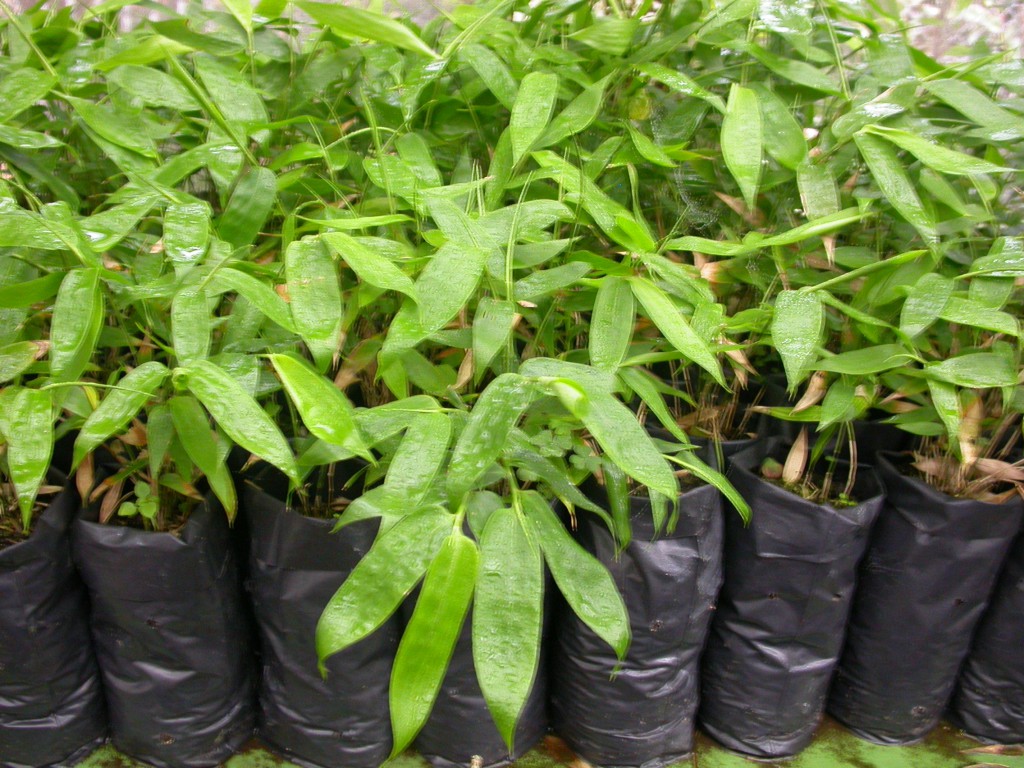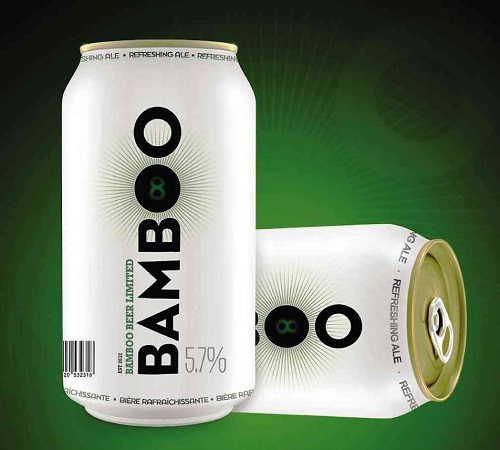You, probably, have heard people talking about Bamboo farming – how it is transforming lives across Kenya and how it has the potential to transform you from a middle-income earner into a millionaire in record time.
Kuza Biashara has caught wind of this frenzy too; all thanks to your questions on Facebook, Twitter and Email.
Here is a brief but detailed article that will take (max) 3 minutes of your time. As usual, we appreciate your feedback, so be sure to share your thoughts on this write-up via the comment box at the tail-end of this post.
Brief Info about Bamboo Farming
Bamboo farming is popular in China and the US where it is grown for medicinal, ornamental purposes and feeding of panda. Back home, this type of farming is peaking with potential demand coming from construction companies, landscapers and even beer manufacturers.
How Do I Get Started
Virtually anyone can venture into this line of business. Actually, there are no stiff requirements for getting started. You only need adequate land (at least 1 acre) and the right information (which you can always count on Kuza Biashara to deliver).
The beauty of bamboo plants is that they can grow in any region where maize, wheat or any other crop that belongs to the grass family thrives. Below are some quick tips for choosing the ideal piece of land for planting bamboo:
- Well-drained soil; not in a swampy area
- Spacious piece of land with adequate sunlight
- Spacing of 5ft in between plantlets
- Moderate supply of rainfall
- Soil pH – 6.5 – 8 pH
Where To Get Seedlings
You can get good seedling from a certified nursery in your area. However, before you buy, it is important you talk to a Ministry of Agriculture extension officer in your region. The Kitil bamboo farm in Isinya Kajiado County is one of the few providers of bamboo seedlings and plantlets in the region. The average price per seedling is Ksh180 to Ksh250 – this can change depending on the amount of seedlings bought.
After how long can I expect my money back?
Think of Bamboo farming as a long-term investment – pretty much the same way you would buy a plot of land and leave it to gain market value before re-selling it for profit. Bamboo plantlets normally take 3 to 4 years to mature.
How much do I need to spend?
If you were to plant bamboo on say a one-acre piece of land, you would need to spend the following (estimated) amounts:
- 200 Bamboo Seedlings x Ksh. 200 = Ksh40,000
- Tilling of land and labor = Ksh25,000
- Fungicides = Ksh10,000
- Transport and Harvesting = Ksh50,000
- Miscellaneous = Ksh10,000
That brings you to an estimated total of Ksh135,000.
How much can I expect in return
Each bamboo plantlet produces multiple shoots during its lifetime. For example, a young plant may produce three shoots within two months time. Next season, those three shoots plus the mother plant may produce three shoots each and so on. Fast-forward four years, the single plant you planted will have produced sixty canes stretching up to thirty feet in height.
Now let us say you sell each pole at a throw-away-price of Ksh100, how much will you get from a single plant (which you bought for Ksh200)? 60×100=Ksh6,000. Now, Multiply Ksh6000 by the number of shoots in your farm, how much do you get? Ksh6000X200 = Ksh1,200,000.
The only disadvantage with bamboo plants would be that they are only commercially useful from year 4 to year 6 after planting.
Is there ready market for bamboo in Kenya and Africa?
While market is readily available, you may have to do a bit of marketing just to create sustainable demand for your product. The three years that you would have to wait for the crop to mature should be enough for you to create a buzz around your farm so that you are assured of earning from your sweat when the day of harvest arrives.
Apart from direct marketing, you can get a little innovative to create and sell bamboo products. Examples of products you can produce and sell to a ready-market include bamboo matchsticks, toothpicks, bamboo charcoal or even bamboo beer. You can also create nice art products with it and start selling to individuals and corporate in your area.
Finally;
As someone once said, opportunities come dressed in overalls. Who knows, maybe your first million is stashed right in the middle of a bamboo thicket. Think about it!






















